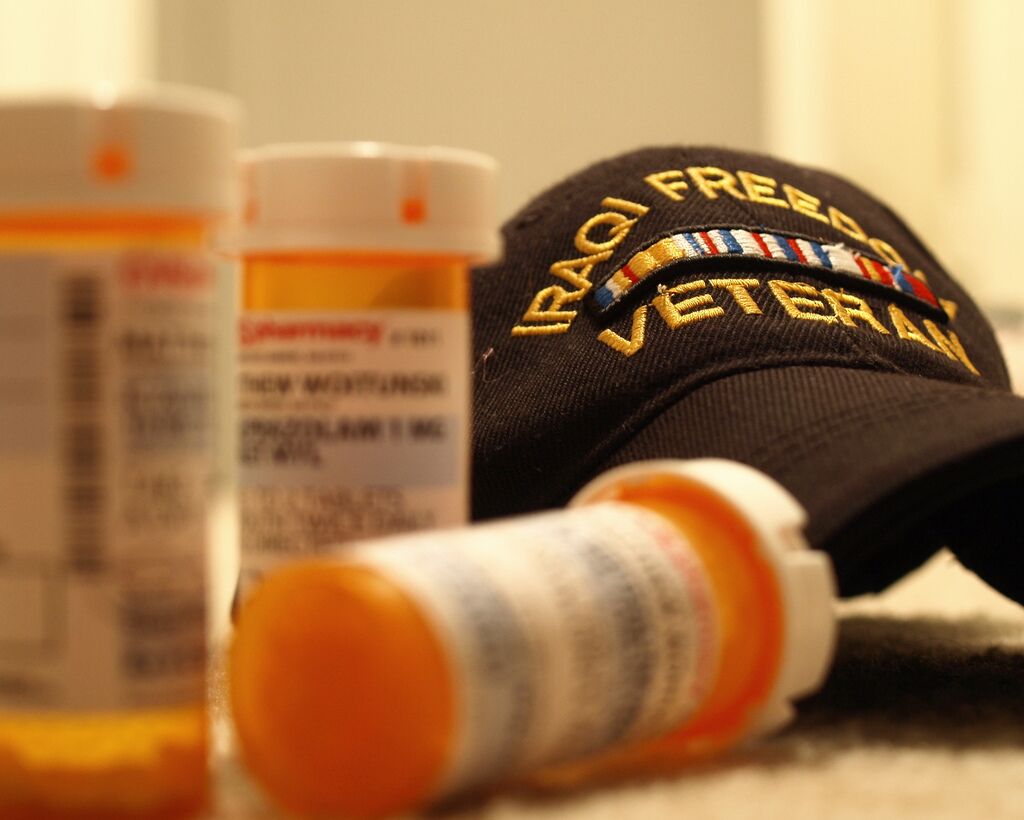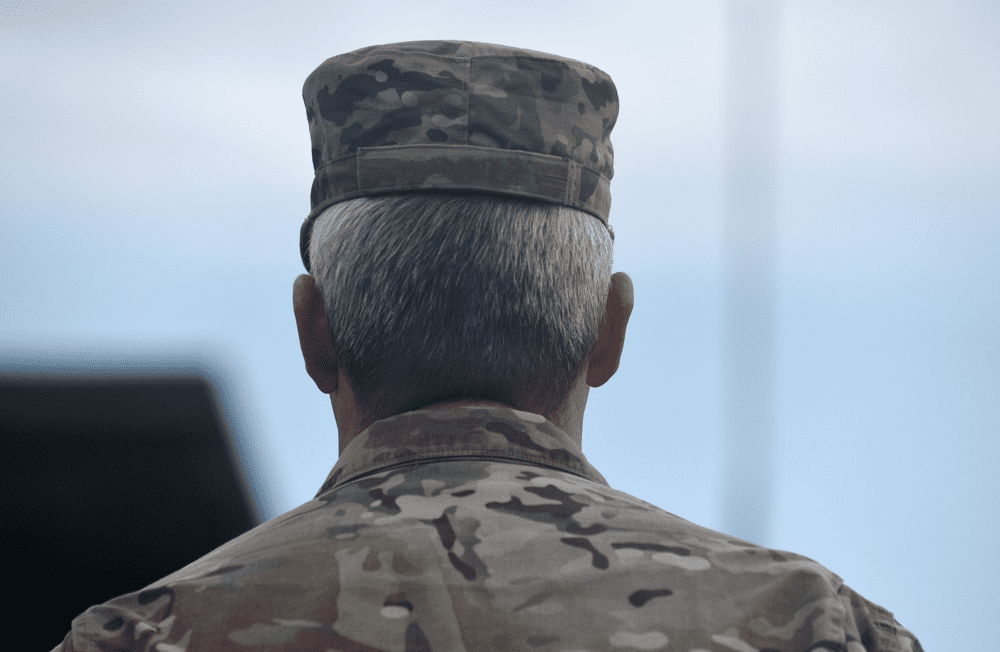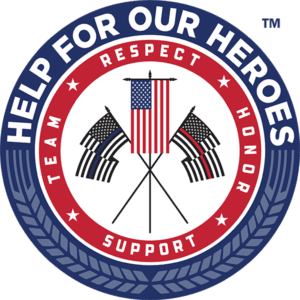Get a comprehensive view of what drives veterans to drugs and the life-altering consequences. Shedding light on a hidden battle, see how Transformations Mending Fences’ Help for Our Heroes Program offers solutions and preventative measures.

The difficulties of serving your country in the military don’t end simply because you’re discharged. The effects of stress, trauma, injuries, and other adverse outcomes due to military service can follow a person for life. This partially explains America’s current issue with veteran substance abuse. But while addiction is a persistent enemy, victory in the battle is achievable through proper substance abuse and mental health treatment.
As every good soldier learned, you must know your enemy to defeat it. The following guide will explain the causes and effects of the most prevalent form of drug abuse in veterans. This knowledge can give you an advantage in the fight. And if you or a loved one are struggling with addiction and co-occurring mental disorders, your next step is to reach out for help.
Contact Transformations Mending Fences at (888) 995-6013 to learn everything we can offer to help you overcome this conflict.
Although the military has a zero-tolerance policy against illicit drug use among active duty soldiers, this doesn’t mean serving isn’t a direct cause of substance abuse disorder among veterans.
Substance Abuse and Mental Health Services Administration (SAMHSA) Statistics show that reported rates of drug abuse increase once active-duty military personnel transition out of service. While marijuana is the most common drug, more than 10% of veterans entering substance abuse programs do so for heroin addiction treatment.
The zero-tolerance policy in the armed forces explains why rates of illicit drug use are higher after discharge. Still, it doesn’t explain the underlying causes of drug abuse in veterans.
While causation can vary significantly between vets, it typically comes down to coping with chronic pain or mental health disorders. The following are the most common predictors of veteran drug use:

Drug abuse in veterans often emerges as a common co-occurring disorder. In fact, around half of individuals with PTSD also meet the criteria for substance abuse disorder. When looking at Vietnam veterans, this number balloons to 74%.
Unfortunately, many soldiers see mental illness as a weakness. Because of this, seeking treatment becomes rare, and they often self-medicate. Nothing stops them from drug use once they’re out of the service.
Of course, not all substance use disorders in veterans stem from mental health issues. Some service members receive prescription medications due to injuries sustained in the military. There are 2,500 reported injuries yearly for every 1,000 soldiers in the Army alone. Two-thirds of veterans also report experiencing pain.
Using pain prescription drugs to deal with service injuries is a slippery slope, and far too often, it eventually leads to prescription drug abuse. Regardless of your specific pain medication addiction or the underlying cause, contact Transformations Mending Fences today so we can help.
Call now to be connected with one of our friendly, helpful admissions specialists.
Statistics show illicit drug or alcohol use is common among former active duty service members. The effects of this scourge are well-documented in America. A recent spike in opioid overdose deaths among veterans resulted in the military taking a more active role in combating drug use. The potential for overdose, though, is far from the only effect of drug abuse in veterans.
Even if you’ve not experienced these issues due to drug or alcohol use disorders, they serve as evidence that veteran substance use disorders can ruin lives:
Drug abuse in veterans is a very visible problem, but many of the effects of this tragedy go unnoticed.
Rarely do people recognize heightened divorce rates among vets, and many believe increased suicide risk for military veterans only affects those who went through combat. In reality, substance abuse plays a significant role in nearly every hardship faced by veterans.
You don’t have to allow drugs to dictate the course of your life. Help is available—immediate treatment and rehab for veterans at Transformations Mending Fences in Morriston, FL.

The U.S. Armed Forces receive droves of recruits every single year. Unfortunately, many of those committed to serving don’t understand that their service could have effects that last a lifetime. If you’re a veteran dealing with substance abuse and other mental health issues or problems, you don’t need to “tough it out.”
It takes incredible strength to reach out for help and get clean.
Our residential mental health clinic in Morriston, Florida, is committed to serving the men and women who served America. The entire program focuses on the unique needs of former military members, and we are Veterans Affairs-approved. Drug abuse in veterans is a national problem, but you don’t have to let it win on an individual level.
Contact us today to learn how we can help.
Sources
Department of Veterans Affairs
https://www.ptsd.va.gov/professional/treat/cooccurring/tx_sud_va.asp
National Institute on Drug Abuse
https://www.drugabuse.gov/publications/drugfacts/substance-use-military-life
Veteran’s View
http://www.veteransview.com/news/combat-vets-much-more-likely-to-divorce-separate
U.S. Army
https://www.army.mil/article/25626/injuries_the_modern_military_epidemic
University of Michigan
https://labblog.uofmhealth.org/rounds/as-opioids-kill-more-veterans-study-shows-treatment-needs